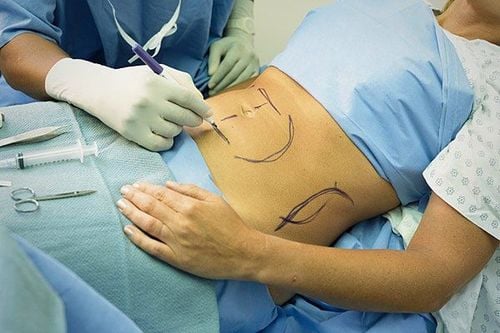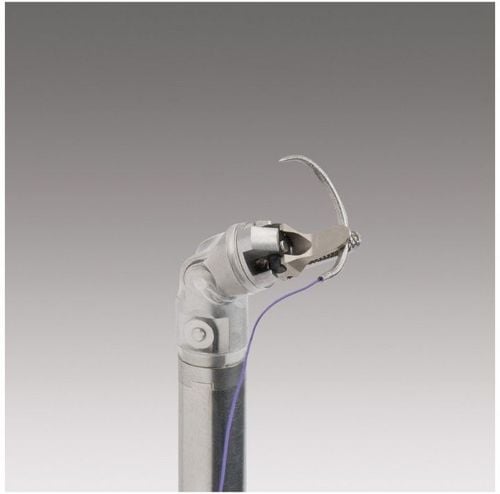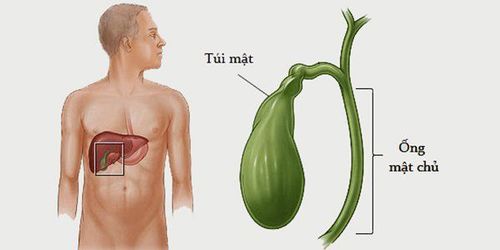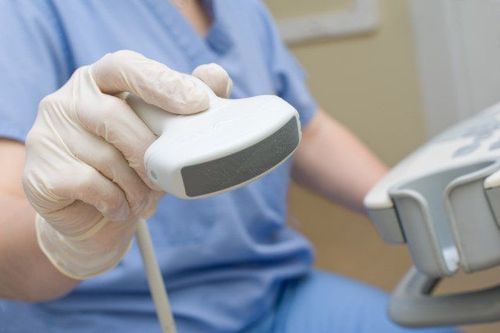This is an automatically translated article.
Gallbladder polyps are one of the most common diseases of the gallbladder. Treatment methods for gallbladder polyps include conservative treatment and surgery (depending on the doctor's prescription for each specific case).
1. What are gallbladder polyps?
The gallbladder is the organ responsible for storing bile secreted by the liver. This is a small part of the body, but it plays a very important role in the body. There are many diseases related to the gallbladder, typically gallbladder polyps.Gallbladder polyps are papillomas that grow from the lining of the gallbladder (so this condition is also called gallbladder mucosa papillae). According to statistics, the prevalence of gallbladder polyps is about 5-9% in the community. So the size of gallbladder polyp 6mm, gallbladder polyp 5mm is dangerous?
According to doctors, the majority of gallbladder polyps are benign (less than 1cm in size). However, in many cases, the disease easily turns malignant, which can endanger the patient's health.
People divide gallbladder polyps into the following types based on polyp nature and cause of polyps:
Cholesterol polyps: Up to 50% of cases of gallbladder polyps. Polyp size from 2 to 10mm, forming yellow spots on the gallbladder mucosa surface; Gallbladder polyps: Accounts for about 25% of gallbladder polyps. Polyp size ranges from 5 - 10mm; Inflammatory polyps: Accounts for about 10% of gallbladder polyps. Inflammatory polyps are usually solitary papillomas about 5-10mm in size, composed of inflammatory cells, granulomatous tissue, fibrous tissue; Adenomatous polyps: accounted for 5% of cases of gallbladder polyps, often growing alone; Others: Granulomatous tumors, fibroids, lipomas, malformed tissues,...

Điều trị polyp túi mật bằng phương pháp phẫu thuật
2. Gallbladder polyp treatment
The treatment of gallbladder polyps can be in two directions: conservative treatment or surgical removal of the gallbladder. In fact, because the gallbladder plays an important role in the body (as part of the bile duct system and digests fat), surgical removal of the gallbladder is only necessary if it is absolutely necessary.
2.1 Conservative treatment
More than 90% of gallbladder polyps are benign. Therefore, if the gallbladder has polyps but the polyps are small (less than 1cm in size), without affecting the body, it is possible to monitor the progress of polyps every 3 to 6 months by ultrasound. At the same time, patients need to combine with other treatments such as changing eating and living habits.
Specifically, the patient should abstain from the following foods:
Foods high in saturated fat such as fast food, fried food or animal fat,...; Foods with high sugar and starch content; Foods rich in cholesterol such as egg yolks, cheese, animal organs,... Patients should eat healthy foods such as:
Fruits rich in vitamins B, C, D, E and minerals such as: oranges, apples, pears, ... to improve liver and biliary health; Vegetables, tubers and fruits rich in fiber such as carrots, kohlrabi, cabbage, ... to support good digestion, limit bloating, indigestion; Vegetable fats such as soybean oil, sunflower oil, olive oil, peanut oil,...; Milk without sugar or low in sugar, low in fat, ... to supplement enough nutrients for the body.
2.2 Surgical treatment
For cases with gallbladder polyps over 1cm in size or with signs of suspected progression to malignant gallbladder polyps, cholecystectomy is required to ensure patient safety. Signs of malignant progression of gallbladder polyps include: Wide leg spread, fast growth rate, irregular polyp shape, signs of spreading around, causing severe symptoms for the patient (regressive fever, pain, etc.) belly,...).
Currently, cases of cholecystectomy are usually performed by minimally invasive laparoscopic surgery. Patients will have the opportunity to recover faster, have a shorter hospital stay, have less pain, and experience almost no dangerous complications.
It can be seen that gallbladder polyps are mostly benign and pose little danger. However, there are still some cases of gallbladder polyps that progress, potentially leading to gallbladder cancer. Therefore, each person needs to maintain a scientific and healthy lifestyle to contribute to protecting their health.
Please dial HOTLINE for more information or register for an appointment HERE. Download MyVinmec app to make appointments faster and to manage your bookings easily.













